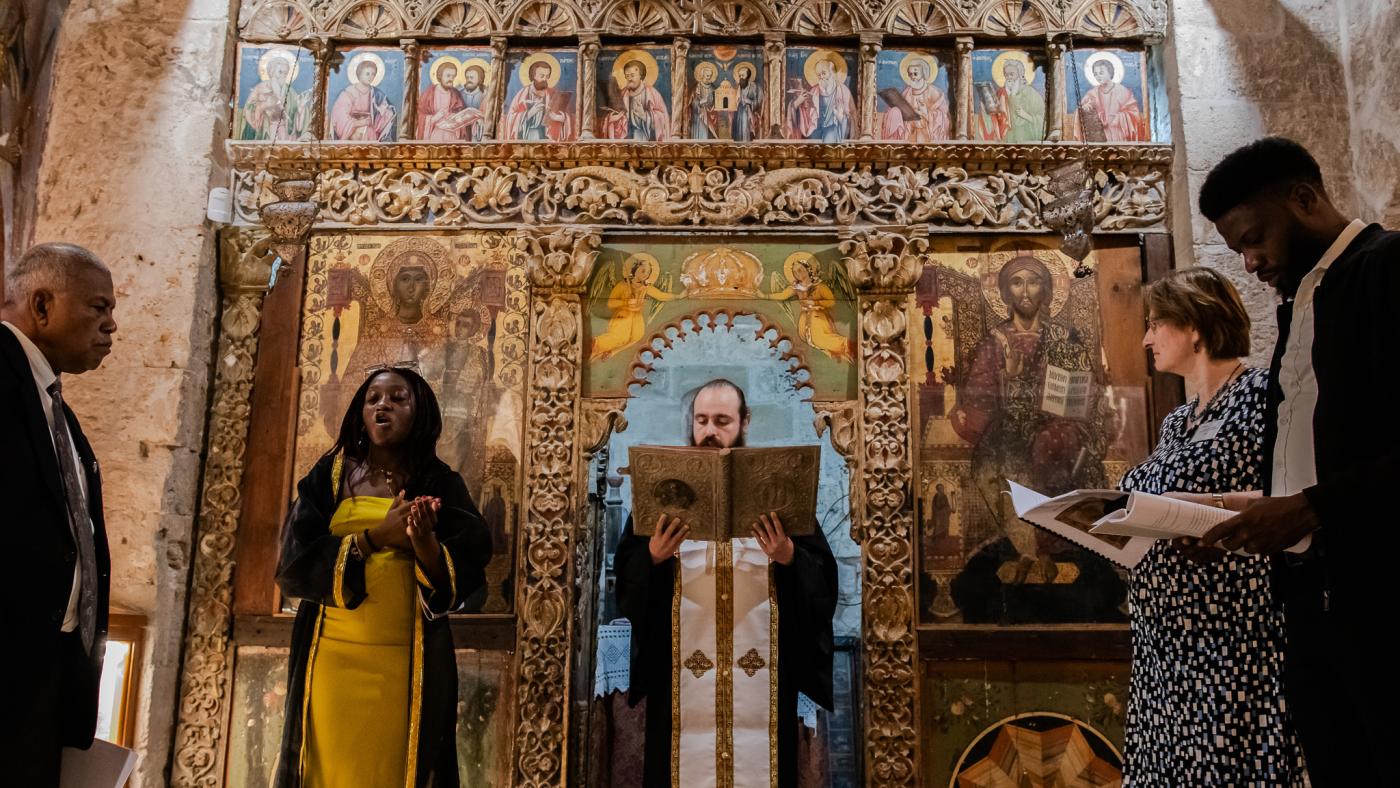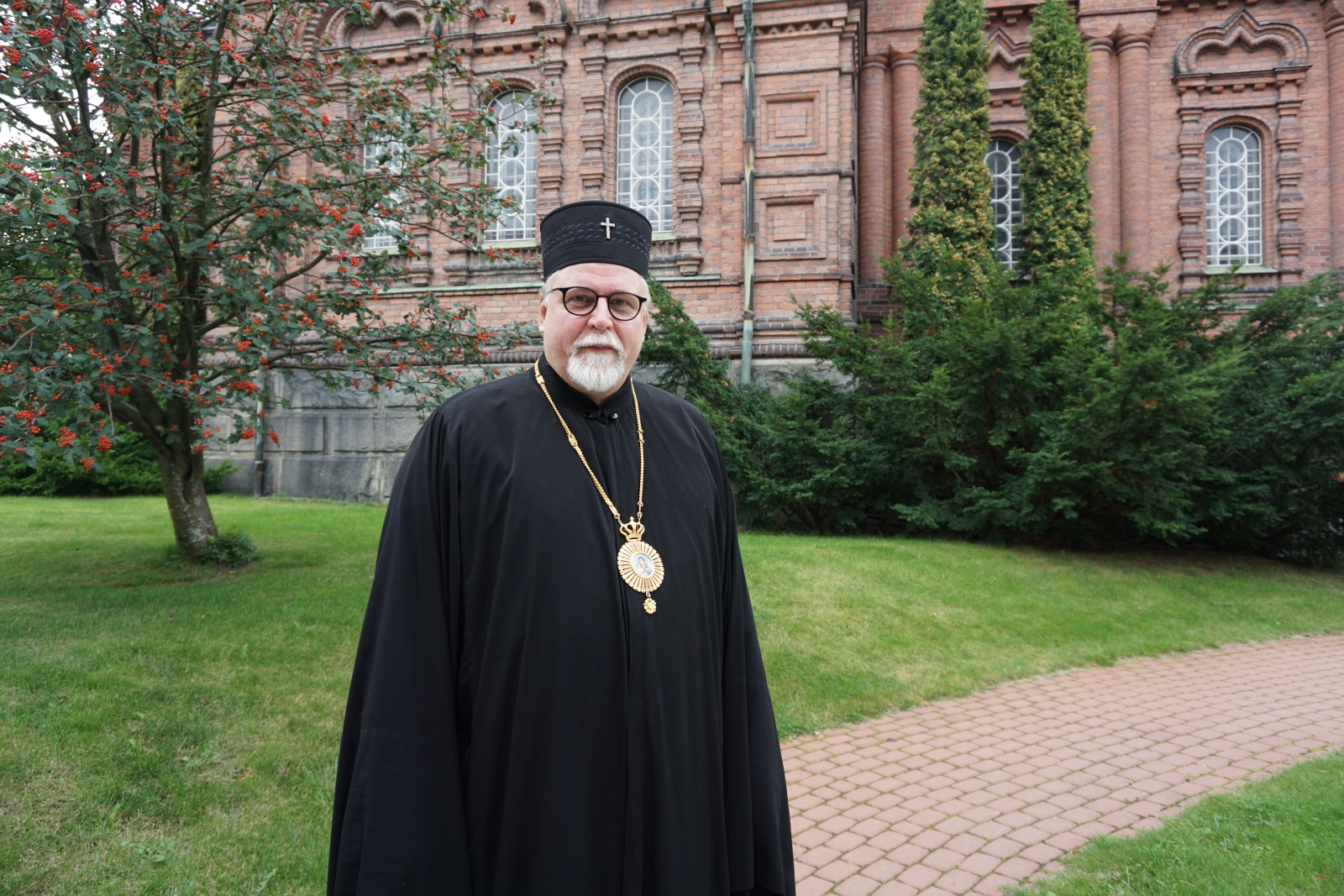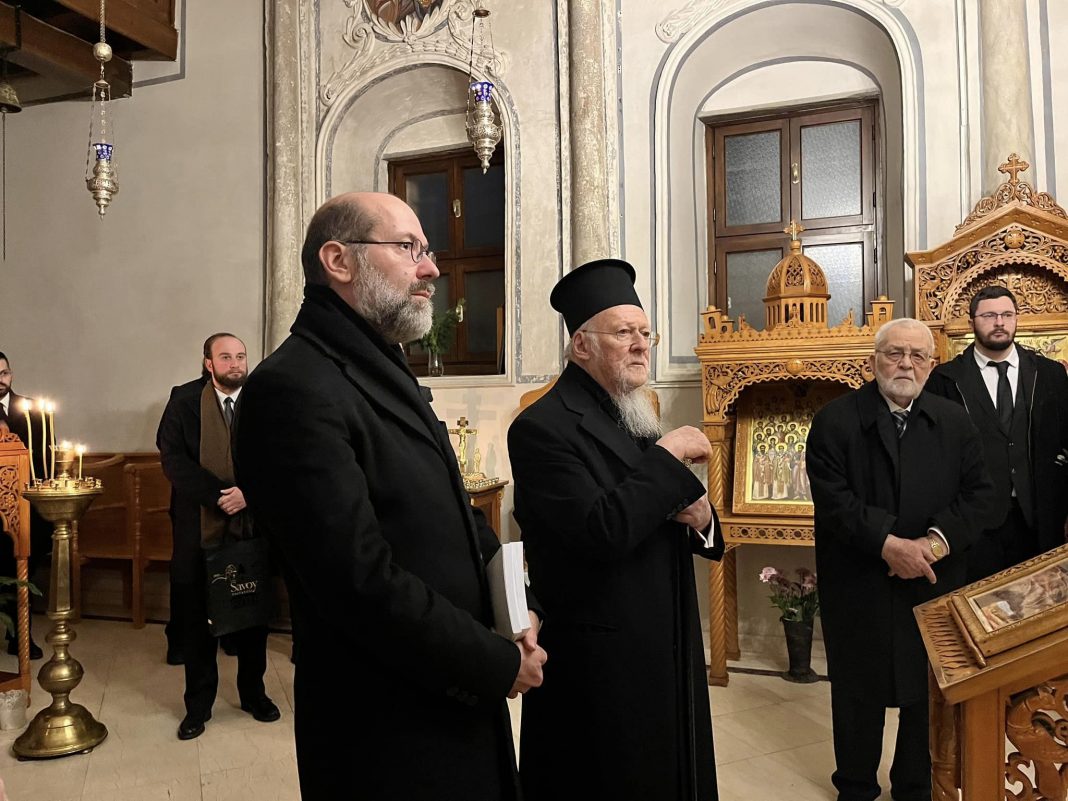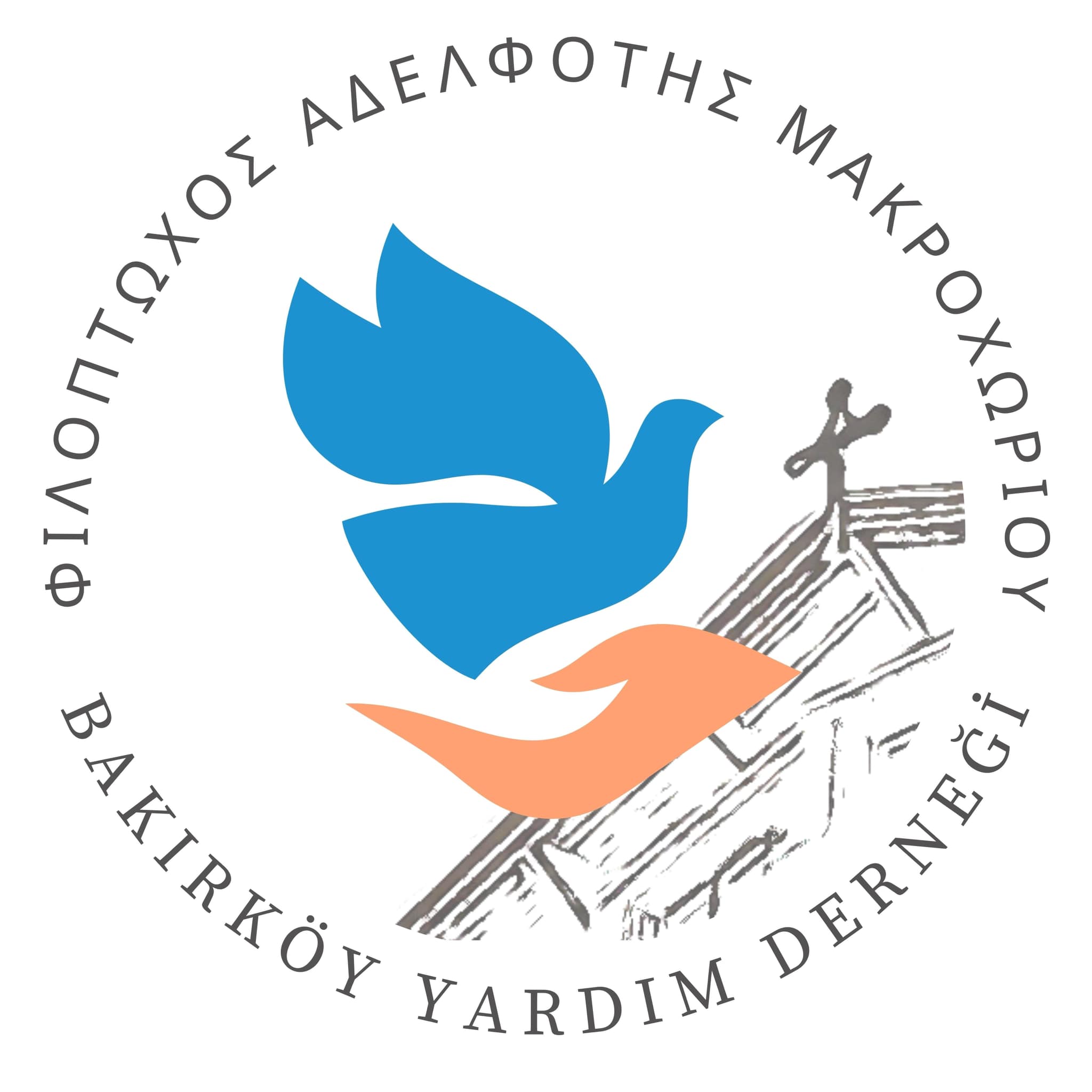Archbishop of Athens was awarded Honorary Doctorate by Democritus University in Greece
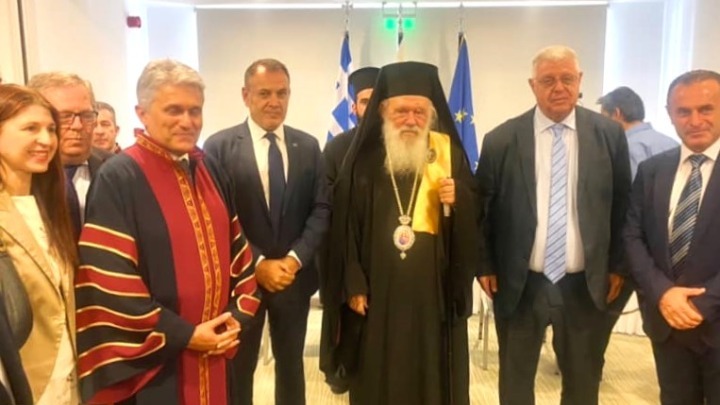

The relationship between the Church and nature, as well as the interpretation of Orthodox theology in relation to the sciences, were central themes in the speech delivered by His Beatitude Archbishop Ieronymos of Athens and All Greece in Kavala. The Archbishop was awarded an honorary doctorate by the Department of Physics at the School of Sciences of the Democritus University of Thrace (DUTH).
His visit to Kavala, at the invitation of Metropolitan Stephanos of Philippi, Neapolis, and Thassos, was part of the centenary celebrations for the establishment of the Holy Metropolis of Philippi. During his stay, Archbishop Ieronymos met with the Rector of the Democritus University, Fotis Maris, along with the dean, department chair, and several professors.
In his speech titled “The World as a Surprise”, the Archbishop explored the relationship between theology and science. He emphasised that the importance of matter for the Orthodox Church is rooted in the fact that the second person of the Holy Trinity, Christ, took on flesh.
“For Orthodox theology,” he noted, “it is fundamental that the Word of God became flesh.” He explained that the Incarnation is at the core of Holy Scripture, theology, and church worship. He then reflected on humanity’s evolving relationship with matter, from its deification in ancient times to its complete desacralisation in modernity. He further discussed how perceptions of matter have fluctuated between extremes of overvaluation and underestimation throughout history.
Archbishop Ieronymos provided an overview of how matter has been understood, tracing views from Homer and Hesiod to the pre-Socratic philosophers who sought to comprehend the workings of nature and questioned the existence of the world. He mentioned philosophers such as Aristotle, Anaximander, Pythagoras, Heraclitus, Parmenides, Democritus, and Plato, noting that “all the great philosophers and mathematicians of antiquity took something for granted beforehand and then sought to understand how the world operates.”
He observed that despite centuries of progress, humankind has yet to reach a consensus on the origins of the world or fully decipher how nature functions. Most importantly, the question of the “first principle,” the source from which the world emerged, remains unanswered from a scientific perspective.
Drawing on biblical references, Archbishop Ieronymos explained that if the existence of God were scientifically proven, God would be reduced to human terms and would cease to be God, becoming an idol instead. He remarked that the world, according to Orthodox theology, is neither eternal nor accidental, nor was it spontaneously created. Rather, it is the creation of the Triune God, who exists as love and freedom.
The Archbishop also reflected on how humanity’s understanding of creation and God has evolved through history, particularly during the Middle Ages and the Enlightenment. He noted that “from medieval theocracy, we moved to anthropocracy, from Nietzsche’s Übermensch (overman), and now to the modern ‘meta-human’ of technology.”
He concluded by addressing the responsibility of religions in the modern world, warning that as religions become more secularised and intertwined with worldly concerns, their ability to offer genuine assessments of new trends diminishes. He emphasized that, for Orthodox theology, God and the world are now in communion through the God-man, Jesus Christ, who accomplished what humanity could not.
Source: ANA-MPA

